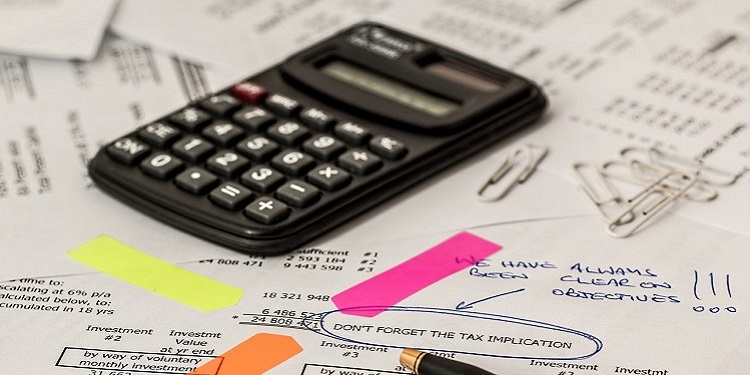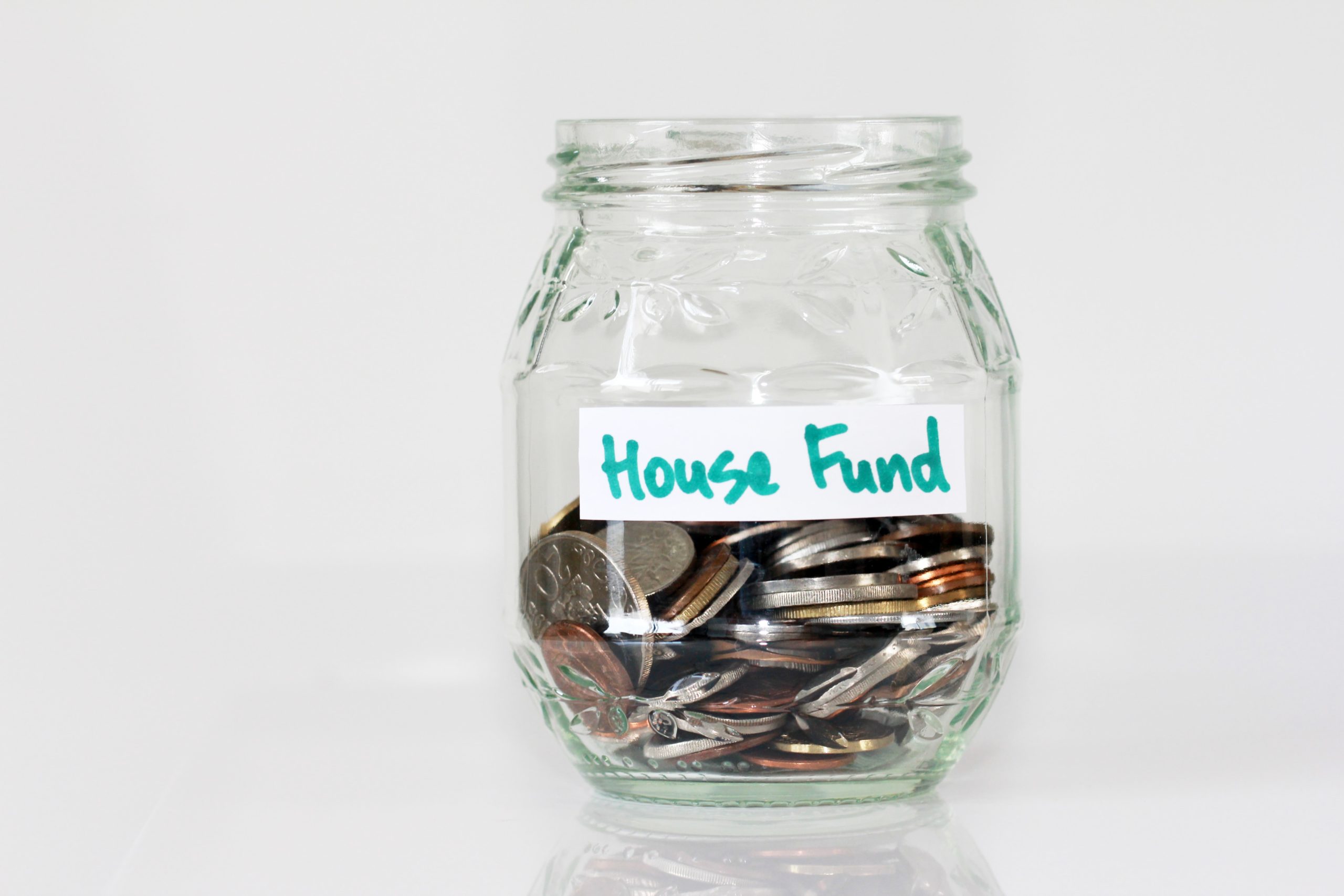

Quick Links
Quick Links
Quite honestly, it’s the opposite — paying freelance taxes frees you.
Why Many Filipinos Don’t Pay Freelance Taxes
Paying taxes is a weight that everyone bears. Freelance taxes are no different than employee taxes in that they are required by law and go towards local and national development. But many freelancers in the Philippines don’t pay them. The most common reasons are low income and government corruption. You’ll hear these comments all the time in freelance communities, and you’ve probably thought the same.
Especially in developing nations like the Philippines, most freelancers don’t actually make good money. You may have decided that it’s better than what you could earn as an employee, but it’s still not a decent living, all things considered. It’s not enough to feel good about paying freelance taxes.
Freelancing is generally better than most employment options, one reason being that the pay is better than the national average. Because of this, there’s a misconception that complicates matters. Most clients think that paying a few dollars an hour is a good salary.
The truth is, the average salary of a virtual assistant in the Philippines only works for people who spend only on themselves because they have no dependents to take care of, live in a shared apartment or family home rent-free, and don’t care about setting aside savings or improving their lifestyle. There’s no room here for freelance taxes. You can imagine what it’s like for growing families taking care of people with health conditions.

Working with a company means a daily commute and eating out, which drain you of additional time, energy, and money. And it means automatic tax deductions. To many, freelancing means getting these valuable resources back. No one in that situation would want to start paying taxes again.
So how can we be good, tax-paying citizens without killing ourselves?
Well, first of all, freelancing isn’t for everyone – at least, not right away. Freelancing isn’t the same as doing as you’re told by your supervisor at a company. If that’s what you’re looking for, then you’re still in the rat race, running around the same maze that has no exit or off-ramp to a higher level. You still have the employee mindset.
Eventually, you know you’ll start thinking of ways to squeeze more out of clients. You’ll still be an unhappy employee, unable to enjoy the freedom of the freelance life because you aren’t free at all. So, then, how is freelancing better than working 40 hours for someone else’s growth? It isn’t.
You have to see yourself making the confident step to become a business owner if you want the real freelance life. This confidence won’t come without the right attitude, marketable hard skills and the soft skills you need to move forward.
Now, here’s the key: Once you have these elements, you gain the ability to freelance successfully – not just freelance to get away from a bad situation. You don’t want to transition just to avoid traffic, pollution, office politics, unhealthy lunch options, or whatever it is that made you tear your hair out at your job. This only leads you into a pit that’s similar to the one you just dug yourself out of.
You need to undergo a paradigm shift. Lose the old worker mentality. Then you gain the ability to pay freelance taxes and make a contribution to your community. And the best thing about it is that you’re giving Caesar what he demands – freeing yourself completely and finally from the limiting employee mindset.
Paying freelance taxes won’t kill you.
Thinking that they are a burden is a faulty belief that keeps you from breaking the chains. These chains keep you tied to the idea of money as something that you only get from being locked into that limiting relationship that decides how far you can go.
Paying freelance taxes gives you your life back.
It’s that final action that confirms true freedom. And it’s the constant reminder that you are in control of what you can achieve.
Tax evasion is not the same thing, mind you. Not paying freelance taxes gives you nothing more than a replacement illusion. It makes you feel something similar to freedom.
You think you’re free when you’re actually still in that restrictive mindset. It will never actually let you go so you can get out of the endless maze that keeps you running but never reaching a higher destination. It traps you at that level. You may believe that you’re reaching goals, but they are just band-aid solutions to keep your legs pumping. They are consolation prizes that blind you from seeing the real prizes that are just one step out of your reach.
This is the clincher: If you believe you can succeed without being tied to the vicious cycle of employment and compensation, then you are a freelancer. Conversely, if you believe you need others to supply your needs, then you are slaves to them until you break the chains.

Ready to Pay Freelance Taxes
If you’re with me this far, then the next challenge will be actually paying freelance taxes. You might know a little bit about taxes if you worked a regular job. Chances are, however, you know just enough to make some potentially very costly mistakes.
As an employee, you more than likely focused on the amount being deducted from your pay. You might have even asked about the computation if the slice being taken out caused your stomach to turn. At the end of the day, however, most employees are simply too busy and too tired to pay close attention to the details. Beyond that, there’s also the fact that employee taxes are structured very differently than freelance taxes.
Freelance Tax Types
Freelance taxes in the Philippines don’t have their own, separate scheme. Freelancers can fall into one of only two categories: sole proprietors (individual business owners) or professionals (like doctors and lawyers). Here are the basics:
Sole Proprietorship
Non-VAT business
You pay a 3% monthly percentage tax on your gross earnings and possibly a quarterly percentage tax on top of that. There’s also a quarterly and an annual income tax.
VAT business
You report monthly zero-rated VAT earnings with accompanying proof, then the same quarterly. You also pay a quarterly and an annual income tax.
Person Engaged in a Profession
You pay a 3% monthly percentage tax on your gross earnings and possibly a professional tax receipt. You also pay a quarterly and an annual income tax.
So there’s income tax, business tax, VAT, and percentage tax. It can be overwhelming when you’re used to just declaring your exemption status and paying the employee withholding tax without worrying about possible tax refunds. The good news is, you don’t have to worry about all of them.
Income tax is the tax you pay on your earnings. The amount depends on your income bracket. When the Tax Reform for Acceleration and Inclusion (TRAIN) law passed, an exemption was added for those with annual incomes less than P250,000 – roughly double the minimum wage for the non-agricultural sector in the National Capital Region.
Business tax is the tax applied to every transaction between you and your clients. VAT tax is 12% of every transaction, applicable for annual gross sales over a certain threshold. Non-VAT, also known as percentage tax, is 3% of gross earnings for certain industries with annual gross sales below the threshold. Freelance taxes also require the submission of official receipts for any merchandise or service that is valued above Php 25.

Managing Variable Freelance Income
Businesses don’t have fixed incomes like employees do. Revenues will always vary from month to month. Philippine tax law requires you to file freelance taxes even during months when you don’t earn enough to cover your expenses. This doesn’t mean that you’ll be paying freelance taxes. It just means that you have to report, as a matter of course, your income and expense balance. If your income falls below the minimums, then you don’t pay anything.
The point is to keep your tax filing regular so you don’t get penalized. If you don’t, you’ll end up paying when you weren’t required to pay anything in the first place. You need to keep your tax record updated so the Bureau of Internal Revenue (BIR) doesn’t assume that you’re still open for business and earning an income. If they do, they’ll slap you with fines.
Final Thoughts
More often than not, a sole proprietorship following the 3% monthly income tax and quarterly tax will be the best fit for a freelancer. You can also choose to pay a flat 8% of your gross earnings, but this is not economical for most freelancers. Everything depends on what you do, what you earn, and what you can write off as business expenses, so you need to get guidance from a certified public accountant (CPA) or tax consultant to decide. Don’t just go and register without knowing what you’re doing.
Note that the fees for non-compliance with freelance taxes are steep, and penalties include jail time. Both tax evasion and non-filing of appropriate forms – not filing the right way–lead to a compromise fee ranging from about 1% to 8% of the unpaid tax previously due in addition to fines plus interest on the same. That can come to five times the original tax due, or more. Then there’s the prison term of up to four years.
More than securing your true freedom, paying freelance taxes keeps you walking within the bounds of the law, safe from BIR crackdowns.

